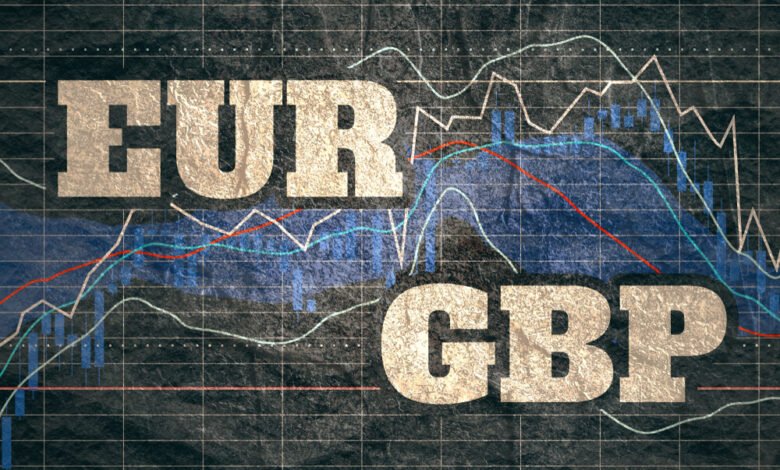
- EUR/GBP loses ground due to the reduced likelihood of another BoE’s interest rate cut this year.
- BoE Lombardelli requires clearer signs of easing inflationary pressures before considering further rate cuts.
- German Retail Sales rose by 1.0% YoY in October and fell drastically short of the expected 3.2% and previous 3.8% readings.
EUR/GBP extends its losses for the fourth consecutive session, trading around 0.8310 during the Asian hours on Friday. The Pound Sterling (GBP) appreciates as traders have been scaling back their bets for another interest rate cut by the Bank of England (BoE) this year after data released last week showed that the underlying price growth in the UK gathered speed in October.
On Monday, during a speech at King’s Business School, BoE Deputy Governor Clare Lombardelli stressed the need for clearer signs of easing inflationary pressures before considering further rate cuts. Lombardelli also warned of the risks associated with inflation staying above the BoE’s target. She highlighted concerns about wage growth stabilizing at 3.5%-4.0% and the Consumer Price Index (CPI) lingering around 3% instead of the 2% target, which could present significant policy challenges.
Economic data releases remain sparse for the United Kingdom (UK), with a similarly light calendar expected in the coming week. The Bank of England’s (BoE) latest Financial Stability Report will drop on markets early during Friday’s upcoming US market session. The release is overwhelmingly unlikely to drive much momentum in Cable markets.
European Central Bank (ECB) policymakers have voiced concerns over the Eurozone’s slowing economic growth, heightening expectations of a rate cut in December. However, uncertainty persists regarding the size of the potential reduction, as the market remains divided.
Traders are now closely watching Friday’s release of the Eurozone Harmonized Index of Consumer Prices (HICP) data. Core HICP inflation is projected to edge up to 2.8% YoY in November, compared to 2.7% in October. This uptick could complicate matters for ECB officials, many of whom have recently sought to reassure investors of more rate cuts despite rising inflationary pressures.




